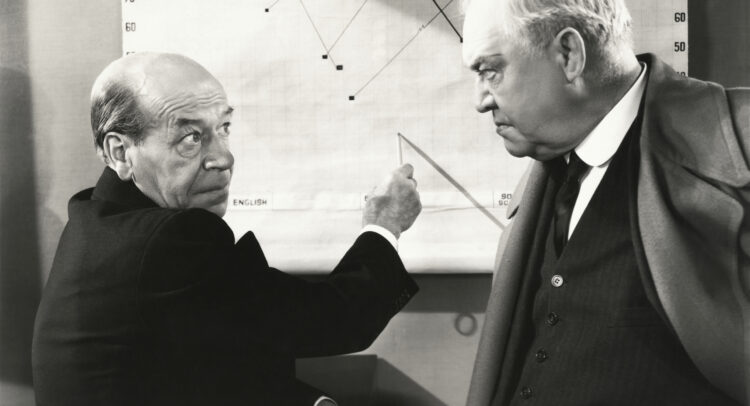Long-term interest rates have been rising over the past couple of weeks, unsettling the stock market. So, it’s important to highlight that rising interest rates can trigger anxiety for stock market investors, but a closer look at past economic cycles offers a valuable perspective. It suggests that such increases don’t necessarily result in declines in stock market values.
Investors should note that in the past two and a half years, yields on ten-year U.S. Treasuries have surged from 0.70% to nearly 4.70%. Despite this remarkable 571% increase, the broad stock market indexes reached an all-time high just last month on March 28th. If investors had foreseen rates rising over 500% two and a half years ago, they wouldn’t have expected new highs. Yet, here we are, nearing record levels across major indexes.
While interest rates can be influential, focusing solely on them may lead investors off course. Let’s delve into some historical factors that are crucial for investors.
A Cautious Stance on Rate Cuts
Markets prefer a cautious monetary policy where the Federal Reserve maintains a stable and prudent stance, avoiding hasty rate cuts. Such a measured approach instills confidence among investors, which in turn benefits the stock market.
Recent economic data, including a strong jobs report and higher-than-expected inflation, has dampened expectations of the Federal Reserve lowering interest rates anytime soon. Initially, markets anticipated multiple rate cuts in 2024. However, the Fed seems more inclined to hold steady, prioritizing inflation control over potential economic stimulation.
Stepping back, the market should appreciate that the economy is humming along enough for the Fed to take its time.
Avoiding Missteps of the Past
Experts like Mark Higgins, CFA, author of Investing in U.S. Financial History, highlight the Fed’s past mistakes as a guiding force in their current strategy. One such mistake was failing to control inflation in the late 1960s. This directly led to the entrenched inflation of the 1970s.
The dynamics haven’t changed much. This time around, the Fed is likely to be more cautious, even if it means keeping rates higher for longer.
The Fed now faces a delicate balancing act, taming inflation without triggering a recession. Memories of Paul Volcker’s aggressive rate hikes in the early 1980s, which ultimately curbed inflation but caused a recession, serve as a cautionary tale.
Federal Reserve Chair Jerome Powell lived through this as an investment banker in the 1980s. He has openly acknowledged this problematic period, emphasizing the need for a measured approach to avoid repeating past mistakes. Perhaps the market should listen.
Interest Rates and Anxiety
While rising interest rates can cause initial market jitters, history suggests they often don’t lead to long-term declines. As discussed above, this past aggressive tightening cycle hasn’t crushed the stock market.
In fact, quite the opposite. Investors should contemplate the various potential outcomes rather than being solely consumed by the fear of things not unfolding precisely as they anticipated. It’s important to understand that the increase in interest rates reflects a robust economy. So, it’s essential to consider this broader economic context when assessing the impact of rising rates on portfolios.
Key Takeaway
Rising interest rates are an important economic factor, but they are just one piece of the puzzle. By understanding the Fed’s goals and learning from past economic cycles, investors can make more informed decisions.
Focusing on long-term investment strategies and maintaining a diversified portfolio can help weather market fluctuations, including periods of higher interest rates.









